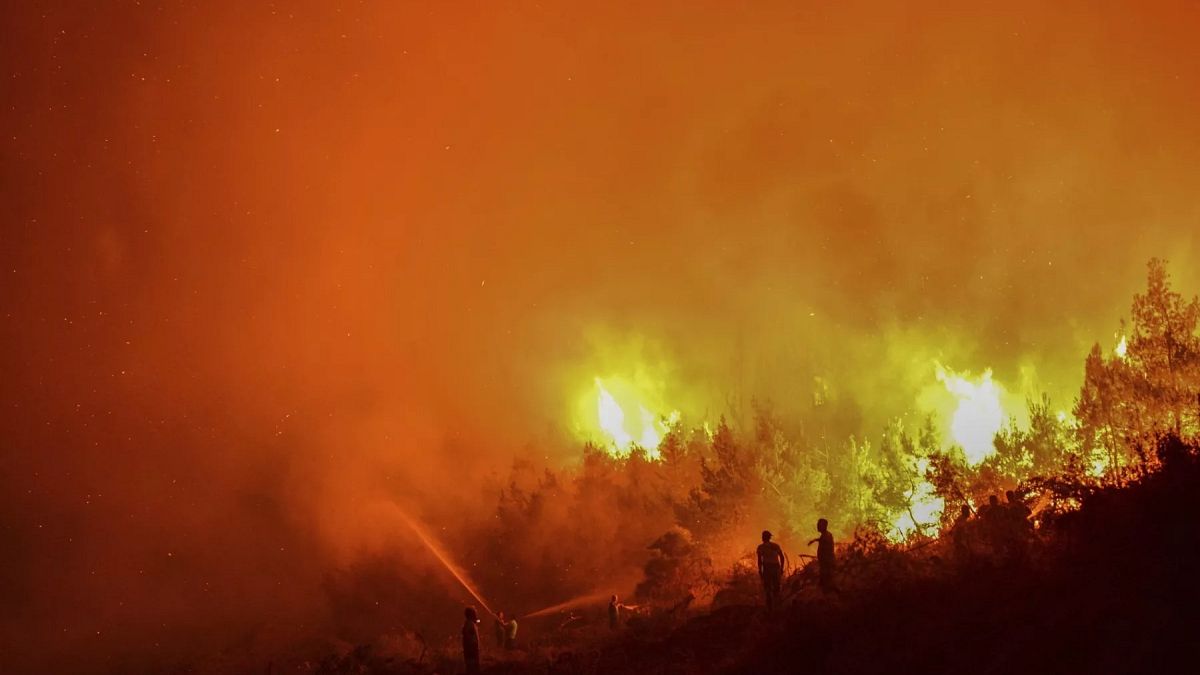

In a week marked by significant developments in environmental policy and action, the world has witnessed collaborative efforts to confront the pressing challenges posed by climate change. These efforts focus on various levels, from grassroots activism to landmark international rulings, and aim to create a healthier, more sustainable planet.
The Mediterranean island of Cyprus recently experienced severe wildfires, triggered by unprecedented heatwaves. These fires have prompted the evacuation of several villages, underscoring the direct impact of rising global temperatures. The situation in Cyprus mirrors many climate-related adversities faced globally, pushing communities to adapt and respond swiftly to extreme weather events. Firefighters are working tirelessly to contain the blaze, hoping to mitigate the damage as forecasters predict the hottest day of the year with temperatures soaring to 45 degrees Celsius.
Amid these local challenges, a remarkable global assertion of climate justice was made. The International Court of Justice (ICJ) delivered a historic advisory opinion, affirming that a healthy environment is a human right. This opinion, though non-binding, holds significant potential to shape international climate law. It places an onus on states to reduce and eventually cease fossil fuel production and usage. Failure to comply could lead to obligations for reparations, thereby creating a legal impetus for nations to enhance their environmental policies and actions.
Supporting this growing demand for climate action, climate activists demonstrated outside the ICJ, carrying banners urging immediate and decisive action from states. Their presence highlights the critical role of civic engagement in driving policy changes and holding governments accountable.
On the innovation front, Australia is witnessing an unprecedented surge in the installation of household batteries, propelled by a government subsidy program. This initiative, covering 30% of the installation costs, aims to empower households to store energy more efficiently, reducing reliance on coal power. Experts suggest that if this trend continues, household energy storage capacity could soon match half of Australia’s total coal power capacity. This shift not only contributes significantly to energy sustainability but also represents a transformative step toward a more independent and eco-friendly energy infrastructure.
Meanwhile, environmental challenges continue as marine ecosystems are threatened by a severe algal bloom off the coast of South Australia. As the Senate initiates an inquiry into this event, scientists stress the need for prompt government response. They call for immediate action to protect vulnerable species and manage the broader ecological impacts, which may rival the infamous black summer bushfires in terms of devastation.
These diverse yet interconnected events emphasize the urgent need for a unified response to climate challenges. From judicial pronouncements to community-led actions and technological innovations, each effort contributes to a broader movement that seeks to balance ecological stability with human welfare. As nations and individuals navigate these climate realities, the collective resolve to build a sustainable future becomes increasingly clear, inspiring hope and action on a global scale.
Source: {link}
